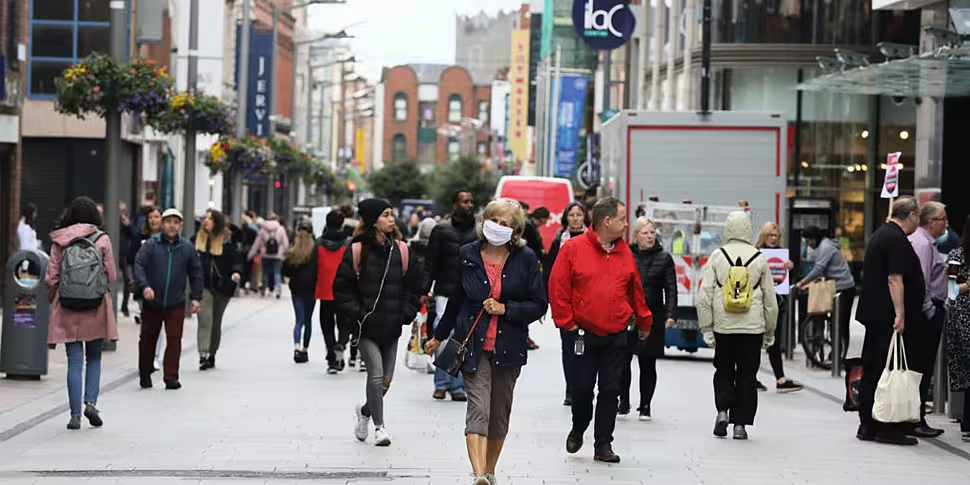There is a one in a million chance of randomly contracting COVID-19, according to an infectious disease expert.
However people are still being advised to wear masks on public transport, in shops and where two metres social distancing is not possible.
Hairdressers, pubs, gyms and cinemas will be allowed to re-open at the end of the month after measures were brought forward due to the lack of spread of the disease.
Professor Sam McConkey is head of International Health and Tropical Medicine at the Royal College of Surgeons in Ireland (RCSI).
He says the progress the country has made has allowed the restrictions to be lifted.
"Fortunately now our numbers are dramatically down compared to a few months ago.
"And even the small number of cases - the 10 or 15 cases a day that we're seeing - most of those are known contacts of clusters and households and workplaces, whether it's nursing home or hospital or meat factory, where there's already known to be cases.
"So the risk of just someone in the street, in the community, unexpectedly showing up with it is around the one in a million per day - which is great.
"We're doing much better than we were a few months ago."
"I'm delighted that the Government have opened up many of our businesses and allowed us to do sports and things.
"That's contingent on us still maintaining personal responsibility for doing a number of things.
"One is wearing masks anytime we're possibly coming within two metres of others, so especially indoors in shops, or even in workplaces.
"Or on public transport we should all be wearing our masks - carrying them around in our pocket and wearing them whenever we're in close proximity to others.
"Secondly is anyone who gets sick really should be at home and should be seeking healthcare - not two or three days later.
"I think there probably is a gender difference there: men in Ireland are particularly notorious for roughing it out and toughing it and going to work sick.
"But now we need to call our GP, have a telephone conversation, get swabbed and tested and stay at home if you're sick.
"Also household contacts should stay at home, and even then we all need to do rapid contact tracing and testing".









